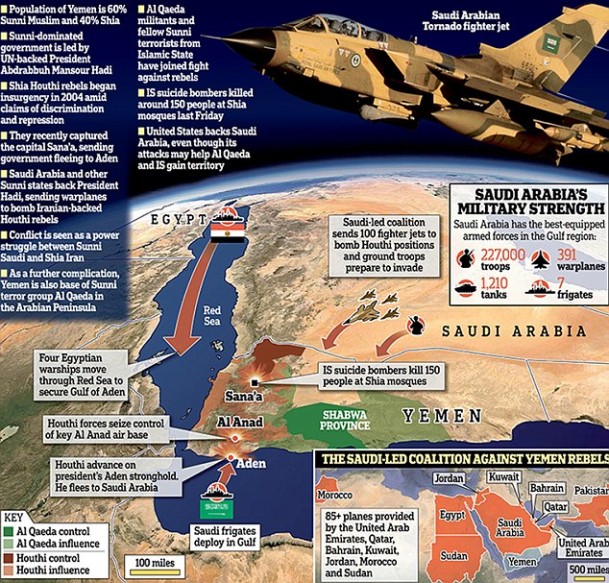In a topic in one of our forums, some discussing Islam and/or ISIS did not see any significance in Bible prophecy. They think that ISIS are just a bunch of thugs that won’t last very long and Islam is irrelevant to how prophetic events will unfold.
However, I believe that the rise of Islam and ISIS are significant for a number of reasons.
- The rise of ISIS took place during the Tetrad which I believe is a significant sign from God which could unfold significant events. I also believe that people mock or disbelieve such heavenly signs and God’s appointed seasons because these signs and seasons have successfully been hidden from many followers of Christ due to the changing of the time/calendar by Pope Gregory to the Gregorian calendar. Believers know more about Easter and Christmas than they do Biblical Feasts and as such, are not that able to recognise the times and the seasons such as the Tetrad we are in now. They do not see the Tetrad and associated Biblical Feasts as being significant.
- That Islam or some political entity in Islam could be one of the heads of the Beast, and is both the seventh and eighth king mentioned in Revelation.
- Regarding the Arab Spring, it was also suggested in the forums that this could lead to an Islamic Empire of some kind one day. Some do not think this was likely to happen as you can see if you read this topic.
- That ISIS could restore the Islamic Caliphate otherwise known as the Ottoman Empire or could spark a Sunni Shia war that leads to an Islamic empire rising from the ashes.
Now it looks even more likely for such predictions and insights have merit.
I just read this headline now and it happened not long after the Eclipse within the Tetrad.
On the brink of a new Middle Eastern catastrophe: Saudi Arabia sends war planes into Yemen in a terrifying clash with Iran leaving region at boiling point
- Religious fissure between Sunni and Shia Muslims erupted into conflict
- Saudi Arabia launched airstrikes against Iran-backed Shia Houthi rebels
- 18 civilians were injured after Saudi warplanes targeted Sana’a in Yemen
- Britain and America supported the Saudi-led military intervention
- Coalition deployed 100 fighter jets and 150,000 soldiers to fight in region
Truly, it is a terrifying development. The great religious fissure between Sunni and Shia Muslims that dominates the Middle East has erupted into open conflict in Yemen, the region’s poorest country, threatening to engulf the entire area in a wider war.
In a dramatic escalation of the stakes, a Sunni coalition of Arab states led by Saudi Arabia launched airstrikes against Iran-backed Shia Houthi rebels who have swept south through the country.
As Yemen veered towards political disintegration, the conflict exploded into a region-wide crisis that could have far-reaching and unpredictable international consequences.
Brent crude oil prices increased by 6 per cent, for example, since many of the world’s oil shipments pass through or past the Bab el-Mandab Strait linking the Red Sea with the Gulf of Aden.
But the far more pressing concern is whether we are now seeing a proxy war in Yemen between its neighbour Saudi Arabia, the leading Sunni power, and Iran, the leading Shia power, explode into a regional conflict that could sweep us all up in its wake.
Saudi warplanes targeted Houthi positions in the country’s capital Sana’a killing 18 civilians and injuring many more.
Britain and America supported the Saudi-led military intervention in Yemen as the coalition deployed 100 fighter jets and amassed 150,000 soldiers to fight in the region.
Another nine Sunni states joined the offensive, including the United Arab Emirates, Kuwait and Qatar, pledging to send aircraft to bomb targets, with Egypt deploying ships.
Anticipating the worsening situation, British elite soldiers — in Yemen to train government troops to fight Al Qaeda, which has established its most dangerous branch in the country — pulled out last Friday.


